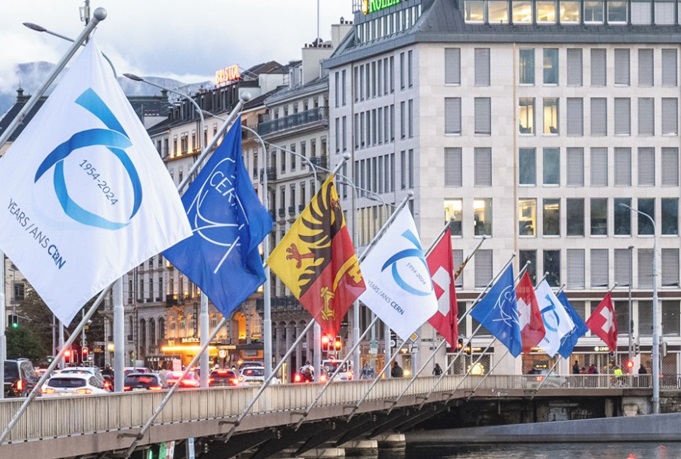Russia withdraws from world's largest science research project CERN
Published : 03 Nov 2024, 23:34
The end of decades of cooperation with Russia is imminent at the European Organization for Nuclear Research (CERN) in Geneva, with Moscow due to depart at the end of the month, reported dpa.
Beate Heinemann, director of the particle physics division at the German Electron Synchrotron (DESY) in Hamburg, told dpa the Russian withdrawal could have many negative consequences for the project.
"It's not as if certain research will now be impossible because of the end of the collaboration, but it does make things more difficult and there could be delays," she said.
CERN, which was founded at the height of the Cold war in 1954, is one of the world's most important research facilities for particle physics and is home to the most powerful particle accelerator in the world. Many thousands of scientists from dozens of countries work on CERN experiments.
About 1,000 scientists were involved from Russia, CERN Research Director Joachim Mnich told dpa. He said they had helped a lot by passing on their expertise as much as possible before leaving.
"We can't continue to operate one detector component, but we hope there will be no major loss in the scientific yield."
CERN decided to end cooperation with Russia and Belarus in response to Russia's 2023 invasion of Ukraine.
"CERN scientists worked with Russia during the Cold War, driven by scientific curiosity, in a peaceful environment," Markus Klute, head of the Institute for Experimental Particle Physics at the Karlsruhe Institute of Technology (KIT), told dpa. "That no longer seems possible, and that's an extreme shame."


